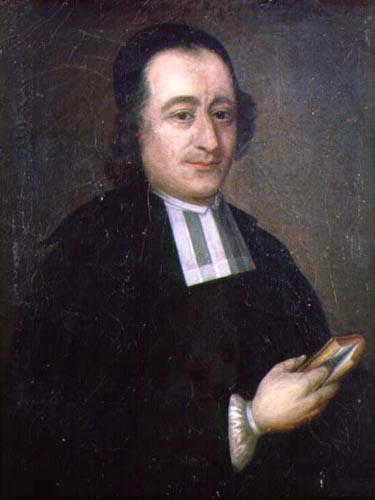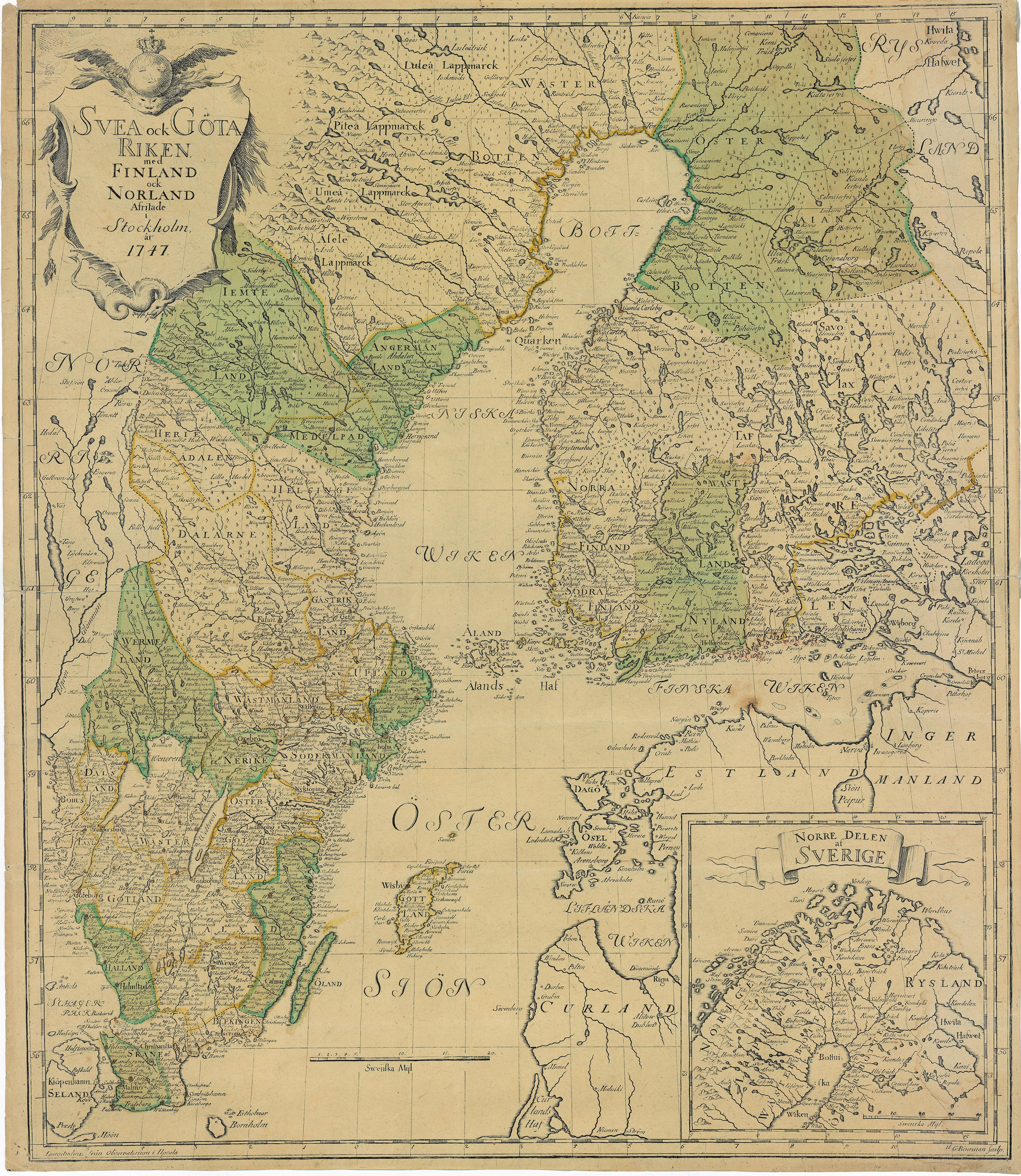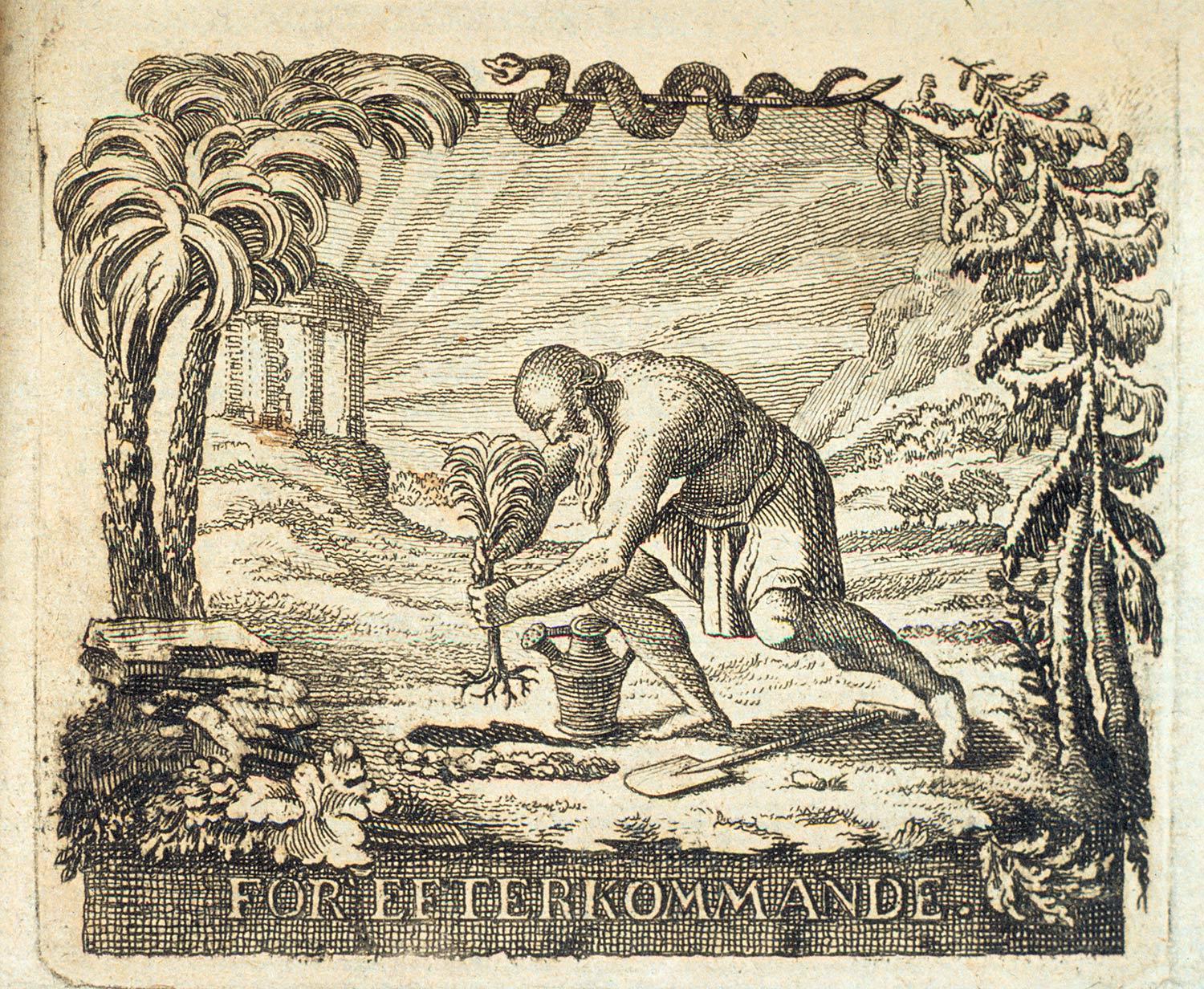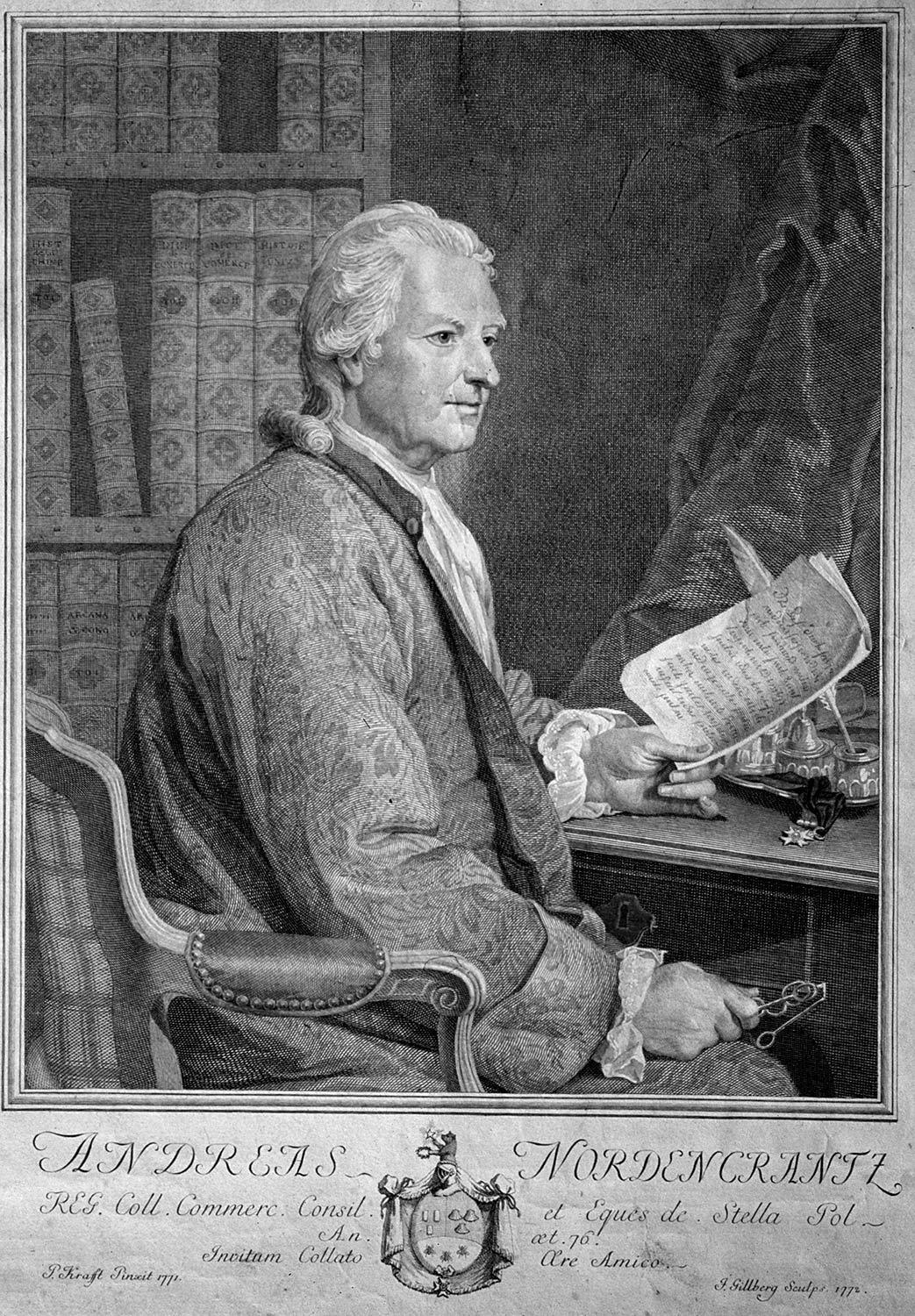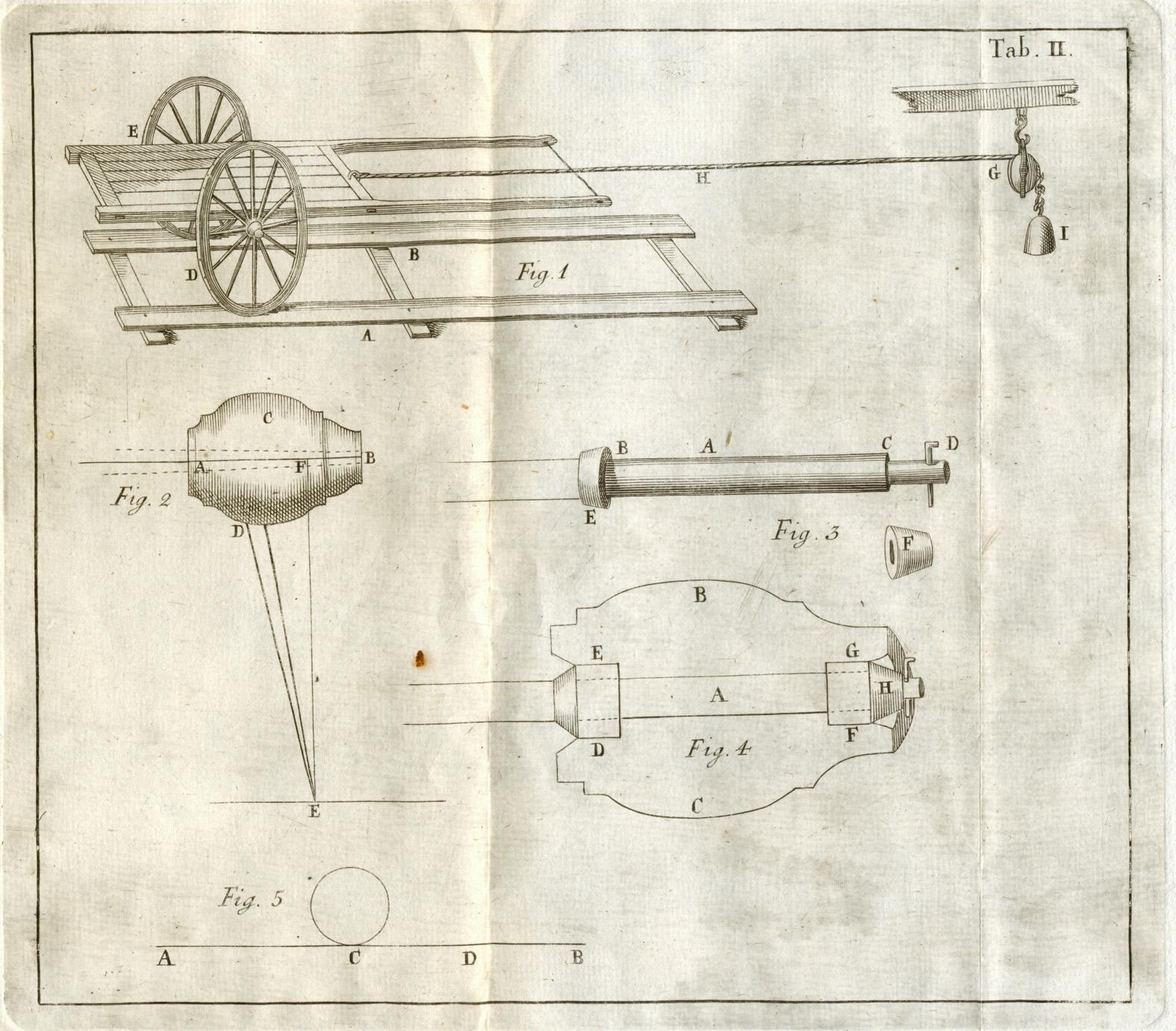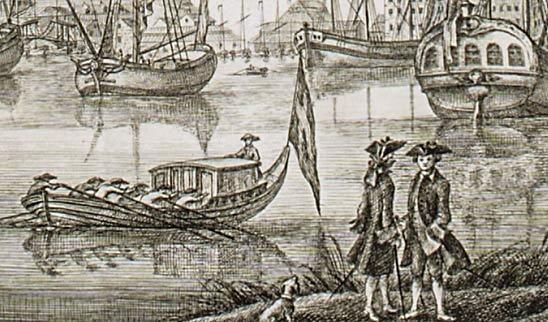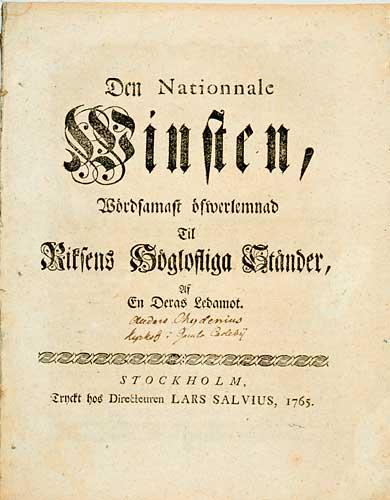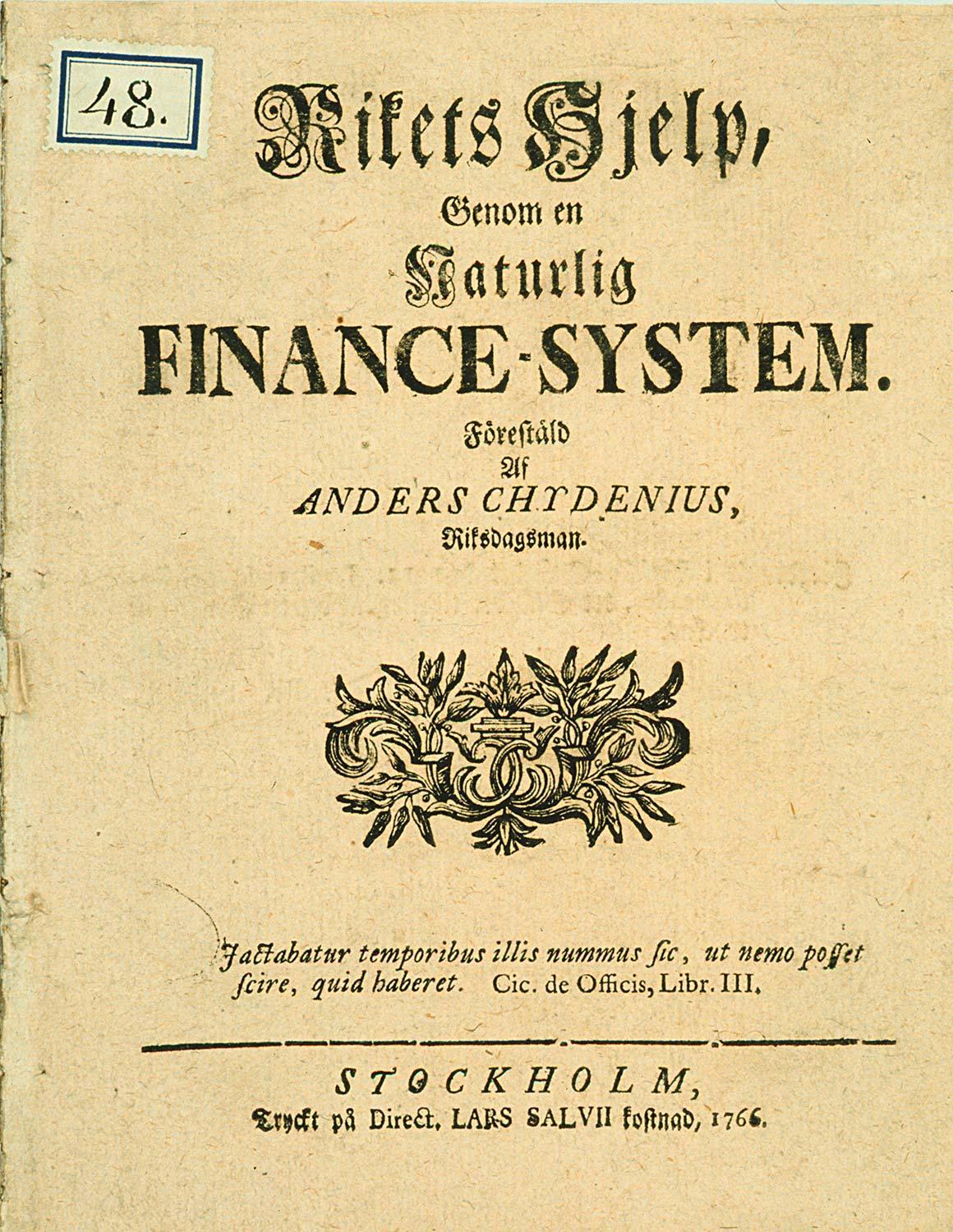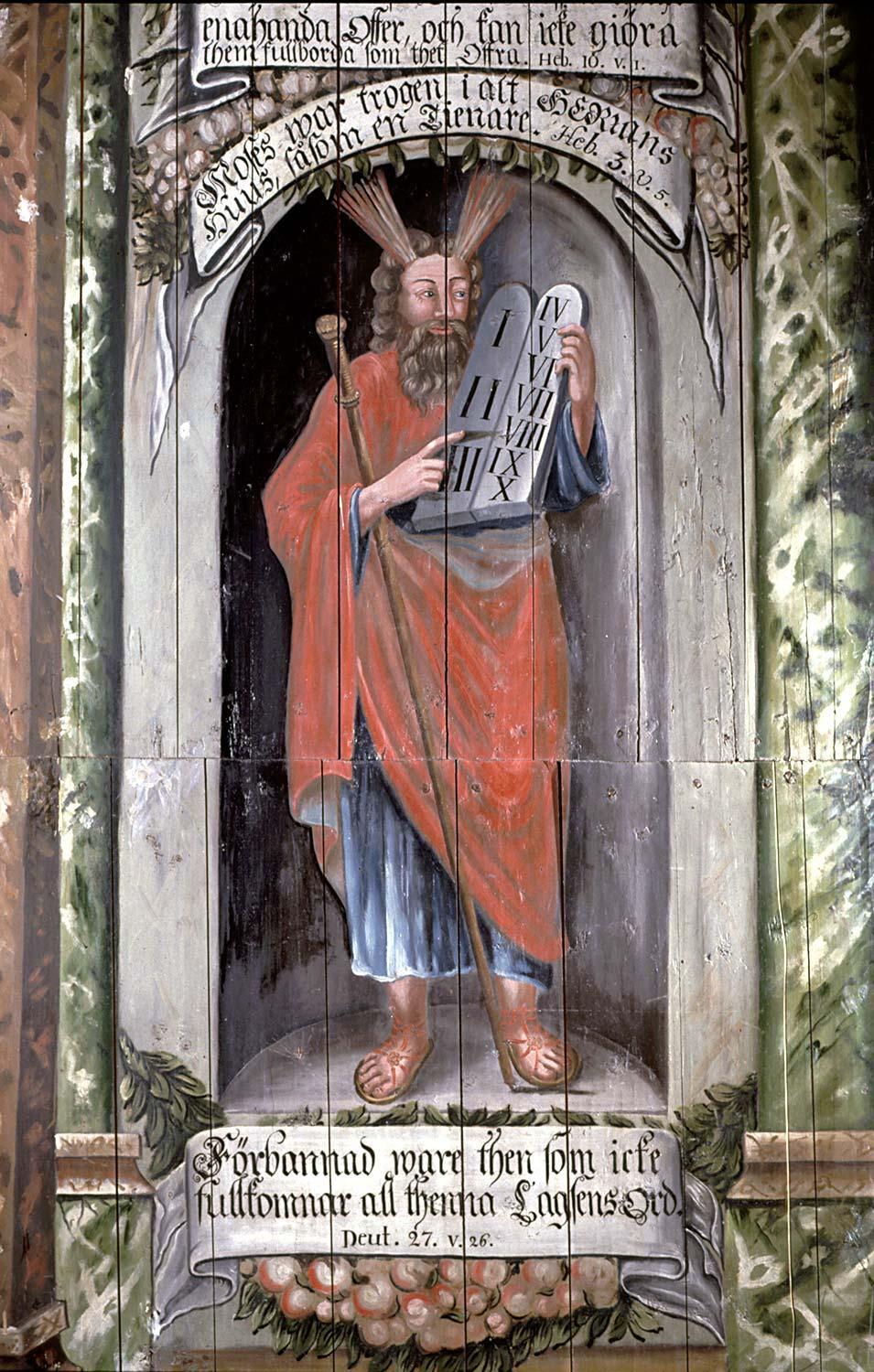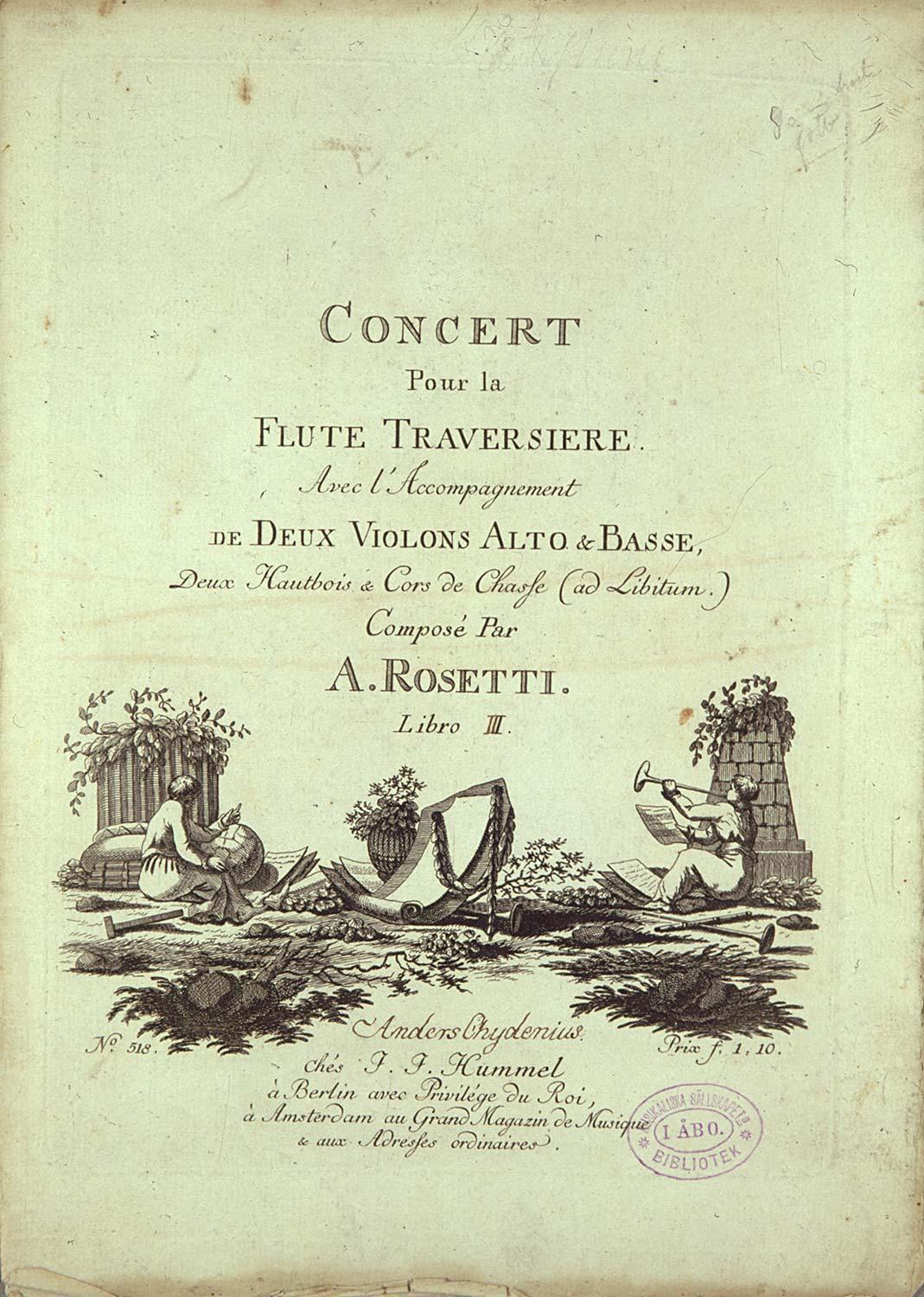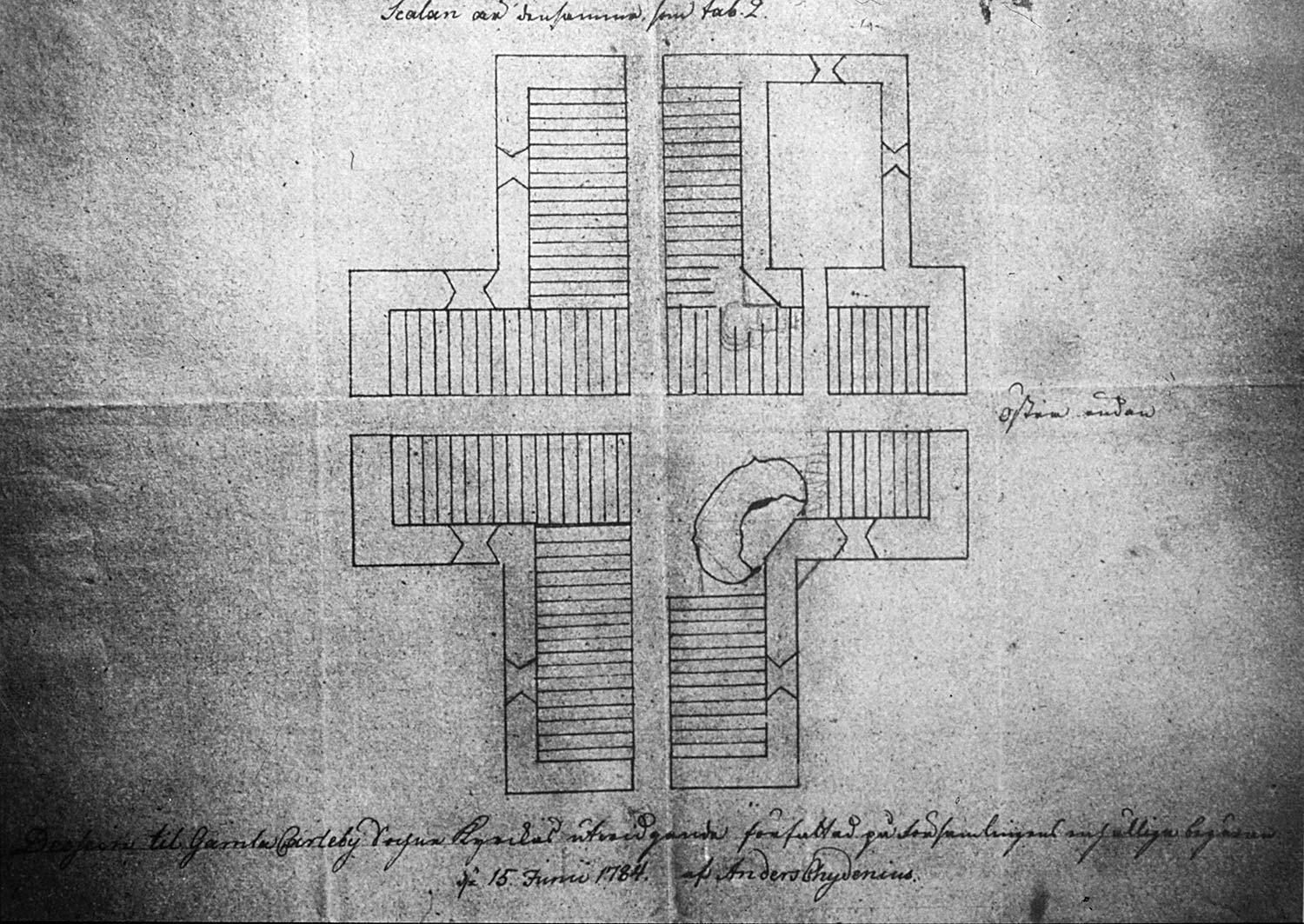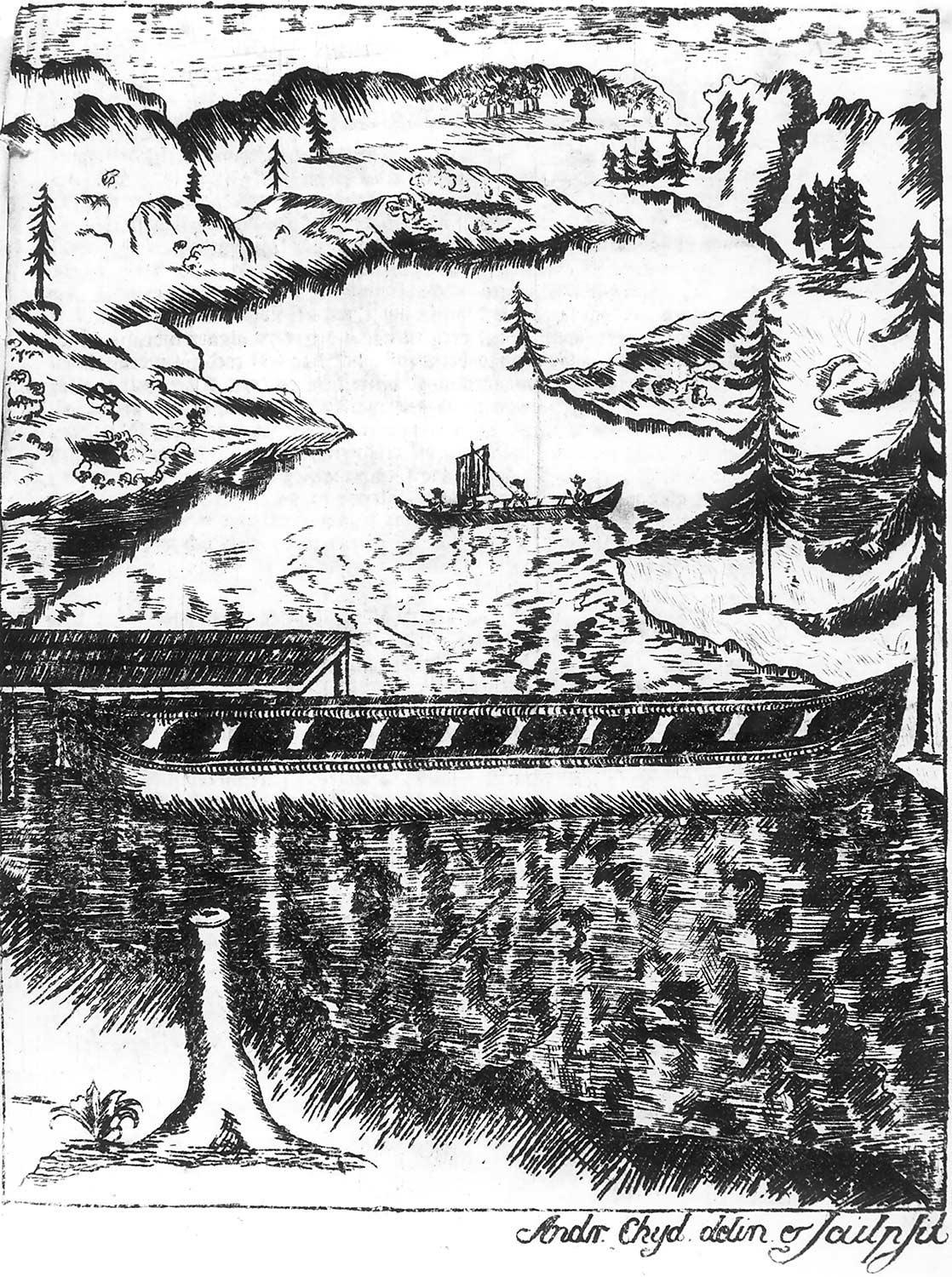“The Rights of Mankind”
The Position of Servants
The position of servants (hired labour) was very strictly controlled in a mercantilist society, to ensure the availability of labour to industry and farmers. All those without regular employment were considered vagrants. Wages were kept down by means of fixed rates. In the regulation of 1739 on hired labour, even the right of the peasantry to have their own children at home with them was limited. In the 1740’s a more liberal policy emerged, which emphasized population growth as a solution to the shortage in the labour force. However no significant improvement in the position of hired labour came about.
Chydenius Provokes a Debate
At the end of the 1770’s and at the peak of an economic cycle, when there was a shortage of labour, the idea was put forward of drawing lots for hired labour appointments between employers – this was a way of keeping wages down.
Opinions of this kind caused Chydenius to speak out – in 1778 he published his essay Thoughts Concerning the Natural Rights of Masters and Servants, in which he defended the natural equality of all humanity, and the liberation which this might entail. Since society protects the property of its citizens, it should also protect their work – the only property available to the poor.
Chydenius advocated total freedom of contract for workhands – so long as servants could apply for work wherever suitable conditions existed, the law of supply and demand would operate to the general good of the market. The essay induced in 1778–1779 an extended polemic in the newspapers between Chydenius and his opponents – Chydenius’ proposal was seen as upsetting the basic structure of society, in which every person had his own position.



